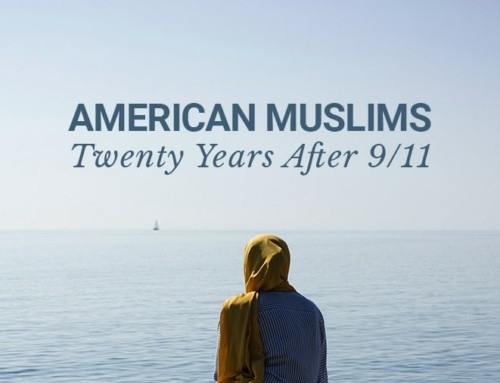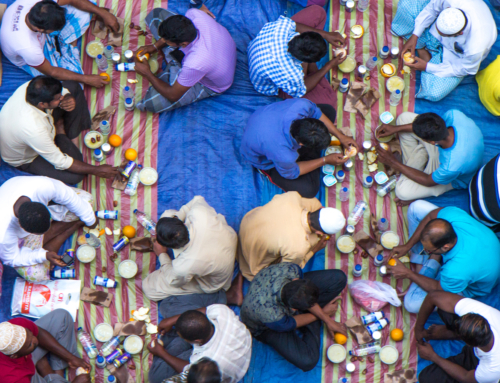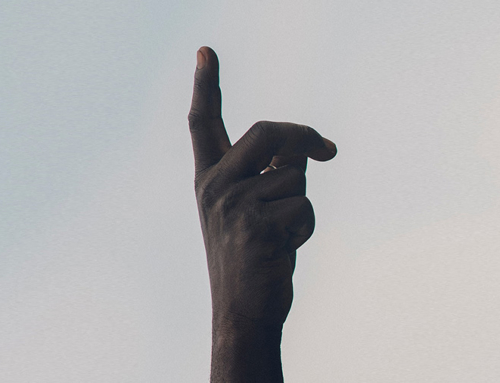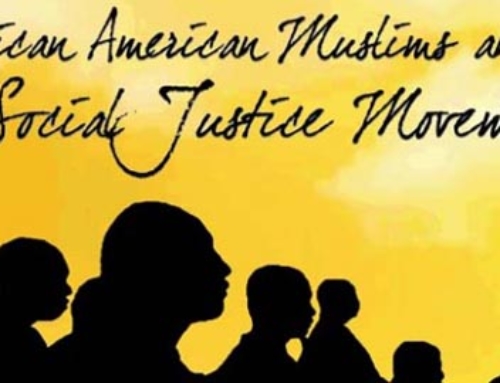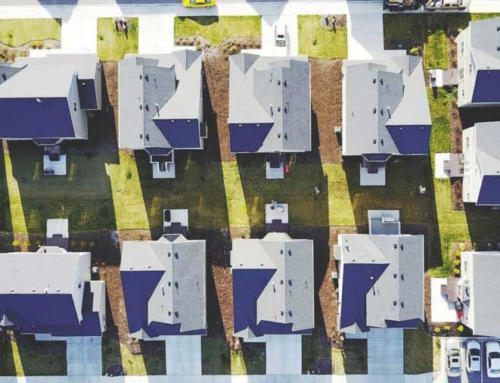The Transformation of Muslim Americans Post-9/11: From Internal Reflection to Engaging with Society
The tragedy of 9/11 transformed the Muslim American community in many ways. Muslims learned to communicate with the media, to defend Islam in the face of sweeping generalizations, and to develop alliances across religious lines. At the same time, Muslims underwent internal change as well: for too long, they had focused on themselves and their little worlds of home, work, and mosque. With their country threatened and their religion maligned, they began to assess what it means to be Muslim Americans
Dr. Tariq Ramadan’s Call to Action: Muslim Americans’ Contribution to Society
On a recent trip to the United States, Dr. Tariq Ramadan, a leading European Muslim intellectual, referred to this transformation as he discussed the long road Muslims in America have traveled: from the initial immigrant urge to shelter oneself from the alien culture surrounding them to a sense of belonging.
Dr. Tariq Ramadan said, “We need now to understand that, after 30 years, from protection we have to come to contribution. Our best protection in this country will be our gifts to this country. So ask yourselves, what kind of contribution are we making?”
This sort of collective analysis has led many Muslims to reaffirm their ties to the United States, and work towards alleviating poverty, abuse, and hunger on a grassroots level. Indeed, helping others in need is one of the cornerstones of Islamic teachings. In the Quran, God states, “Worship God; join nothing with Him. Be good to your parents, to relatives, to orphans, to the needy, to neighbors near and far, to travelers in need…” (4:36) Prophet Muhammad, peace be upon him, has said, “Which actions are most excellent? To gladden the heart of human beings, to feed the hungry, to help the afflicted, to lighten the sorrow of the sorrowful, and to remove the sufferings of the injured.”
Here are some ways in which Muslim Americans are contributing domestically to important causes, often working in collaboration with non-Muslim organizations devoted to the same issues.
Relief Work
Muslims provide humanitarian assistance locally and nationally through a variety of organizations. These include financial assistance, free medical clinics, distribution of school supplies, as well as disaster relief.
In addition, they actively work to alleviate the impact of natural disasters. Over the years, they have responded to various emergencies such as hurricanes and tornadoes, including Katrina, Irene and Sandy. They also support refugees ravaged from war settling in the United States. Many also run family counseling services and campaign against domestic violence.
Abuse Shelters
Some Muslim organizations across the United States have initiated shelters. They are tackling domestic abuse and providing a haven for suffering women and children. They offer temporary housing and aim to make women self-sufficient by helping them get driver’s licenses and look for job opportunities. These shelters enable Muslim women to observe their religion without critique, which involves places to pray and food which is prepared according to Islamic rites. At the same time, they welcome women and children of all religions, ethnicities, and races.
Soup Kitchens
Muslim organizations have operated food banks and distributed free meals to the impoverished for years, irrespective of religion, ethnicity, and race. Whether it is lunch boxes or hot meals, Muslims strive towards feeding the needy and homeless. Some groups have also initiated mobile meals, feeding up to a 1000 families a month.
On the occasion of Eid-ul-Adha (a Muslim holy day), meat is also donated to the poor. Now, Muslims are beginning to work towards full time soup kitchens. Several initiatives have been undertaken in this regard, with Muslim youth actively involved in this cause.
Empowering Change: Muslim Americans’ Growing Social Contributions in the US
Overall, the Muslim American community continues to contribute to various important social causes across the United States. Admittedly, they are doing so on a limited scale, but we hope that with time and experience, they will expand their network of support for the impoverished – in doing so, giving back to their country in meaningful and tangible ways.
Got Questions?
We have Answers. Get in touch now.



